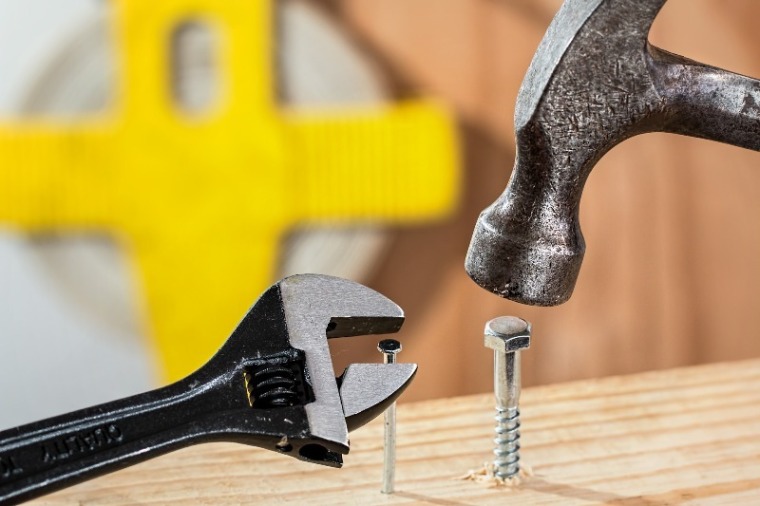
Whether they’ve read it or not (I am ashamed to admit I haven’t yet—but will!), if you are a science fiction fan you almost certainly heard of Dune. It’s considered one of the all-time classics of the genre and, as well as selling millions of copies and never going out of print, has been the subject of songs and a number of attempts to adapt it for the big screen—and one about to be released—with varying results.
One memorable quote from its pages has taken on a life of its own and even those who have never picked up a copy know instantly where it’s from and—at least in sci fi circles—it’s become one of those phrases that are familiar enough to play on and know people will get the reference.
Ripples in Reading
Part of a longer speech, the first sentence serves as the perfect setup, grabbing the reader’s attention and ensuring that what comes next doesn’t drift by amongst a river of words, each getting the same brief examination before moving onto the next. Instead, like a boulder dropped into the water, the splash breaks the rhythm and makes you look at what comes next afresh.
I had finally sat down to read Dune, after all this time, the day the lockdown in Victoria was extended yet again. Even though people had suspected that would be the case, no one knew for sure until the day the current lockdown was due to end. It made it impossible to make any plans, or know to cancel them, with any sort of confidence.
When I got to the famous phrase, “Fear is the mind killer”, I couldn’t help but think about the way many Australians are feeling right now, and the cumulative impact of the lockdowns, the toll on mental health and society as a whole growing more visible every day.
The Aussie Way
Now, most people, with the odd exception like the conspiracy fringe and media shills with a vested interest in promoting the agenda of their big business sponsors, seems to understand why lockdowns are necessary and the part they have played in Australia’s success in controlling the spread of the pandemic and how relatively lightly we’ve been impacted in comparison with the world as a whole. Despite mistakes along the way, there’s a sense that things could have been so much worse.
I also think for the most part we have accepted that lockdowns and restrictions and all the other things we’ve gotten used to are just going to be a part of life while COVID-19 is still a threat, and that there will be new outbreaks and ingoing lockdowns until vaccination rates reaches the critical mass required for elimination.
Out of Spoons
But, thinking about the things that I have heard people saying, and the general tone of chatter on social media, and the themes repeated again and again in the media and on the news, I think there is a sense that that people are close to reaching their limits. Each time a lockdown is announced, or extended, it’s another blow and one wonders how many more average Australians can take before they decide that too much is being asked of them.
However, I don’t think it’s a case of not being willing to endure all the hard stuff required to get through this. Aussies have, for the most part, demonstrated the truth of the image we have of ourselves as a nation—in times of need, from bushfires to flat tires, we come together and do whatever is needed to get the job done.
I think that if Australia was a sci fi book, the line would be “Uncertainty is the mind killer”. Fear is not really something Aussies have much time for, and we certainly aren’t scared of hard work. We just want to know what has to be done and what is expected of us.
Tell it to us straight
We know that there will be more lockdowns, and we know that we need to keep doing our part. But, the decision to go into lockdown often seem completely arbitrary, seemingly using different calculations than the one before. This seeming randomness makes it impossible to know what the tipping point might be so you have warning if things are heading that way.
Creating a formula that showed all the factors taken into account—case numbers, tracing, variants, whatever—and the equation to calculate whether it had reached the magic number would make these hard times much easier to bear. It wouldn't stop lockdowns but you would be able to know whether one might be on its way rather than it just happening, Business could calculate risk and plan according, people could make plans with at least some confidence, and government would be more transparent. It can’t be that hard, surely?

David Goodwin is the former Editor of The Salvation Army’s magazine,War Cry. He is also a cricket tragic, and an unapologetic geek.
David Goodwin archive of articles may be viewed at http://www.pressserviceinternational.org/david-goodwin.html